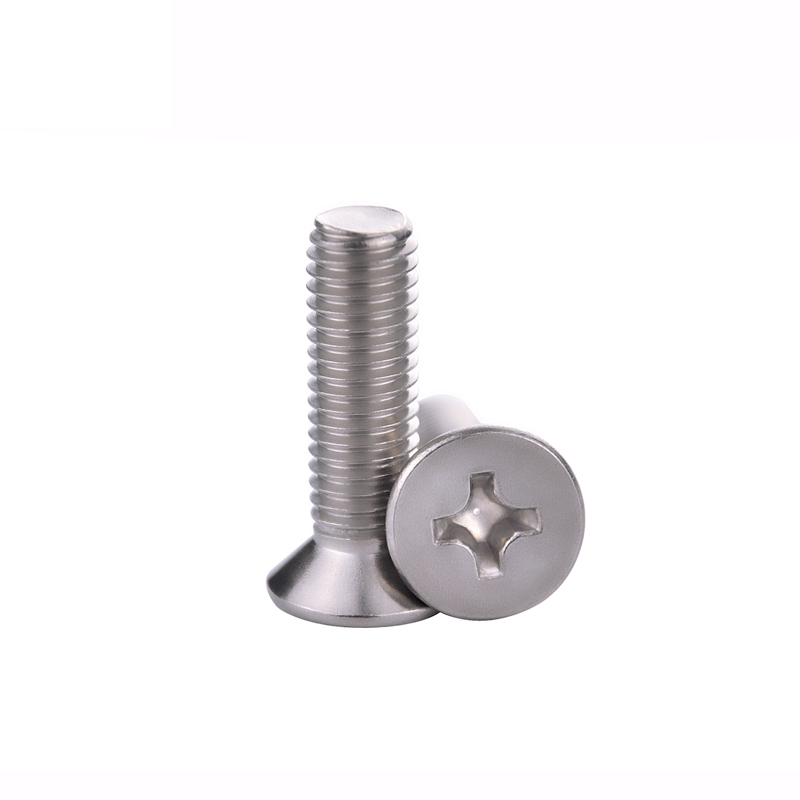- Time:2024/01/25 Posted:Dongguan prospect hardware accessories co.,ltd
Exploring the Importance of Material Choices in Standard Fasteners

When it comes to fasteners, such as bolts, nuts, and screws, one of the most crucial factors determining their performance and reliability is the choice of materials. Different materials possess varying strengths, corrosion resistance, and other properties that directly impact the overall strength and durability of connections. In this article, we will delve into the significance of material choices in standard fasteners, providing a comprehensive and practical understanding for users.
1. The Role of Material Strength
The strength of a fastener is heavily influenced by the material it is made of. Metals, such as steel and titanium, offer excellent strength properties, making them ideal for applications that require high load-bearing capacities. For instance, in construction and engineering projects, where heavy loads are common, using fasteners made of high-strength materials ensures reliable connections that can withstand substantial forces.
2. Corrosion Resistance: A Vital Consideration
Another critical aspect to consider when selecting materials for standard fasteners is their corrosion resistance. Exposure to moisture, chemicals, and varying environmental conditions can lead to the deterioration of fasteners over time. Choosing materials with appropriate corrosion resistance, such as stainless steel or galvanized coatings, can significantly extend the lifespan of connections and prevent catastrophic failures.
3. Compatibility with Application Demands
The choice of fastener materials should also take into account the specific requirements of the application. Factors like temperature fluctuations, exposure to vibrations, and material compatibility with other components in the system must be carefully considered. For example, in automotive applications, fasteners made of alloys with high-temperature resistance are preferred to ensure reliable performance even under extreme conditions.
4. Cost-Effectiveness and Material Selection
Material selection in standard fasteners is not solely based on strength and performance. Cost-effectiveness is another crucial consideration for users. While high-strength materials may offer exceptional performance, they can also be more expensive. Balancing the desired strength and durability with the affordability of materials plays a significant role in ensuring cost-effective solutions without compromising on safety and reliability.
5. Impact of Surface Treatments
In addition to material choices, surface treatments applied to fasteners can further enhance their performance. Processes like heat treatment, coatings, and plating can improve the corrosion resistance, hardness, and overall durability of fasteners. Users should consider these surface treatments in conjunction with material choices to optimize the performance of connections in their specific applications.
Enhancing Fastener Performance through Material Choices
In conclusion, understanding the significance of material choices in standard fasteners is crucial for ensuring reliable and long-lasting connections. The strength, corrosion resistance, compatibility, cost-effectiveness, and surface treatments all play integral roles in optimizing the performance of fasteners in various applications. By considering these factors and selecting materials accordingly, users can achieve robust connections that meet their specific project requirements and regulatory standards.
